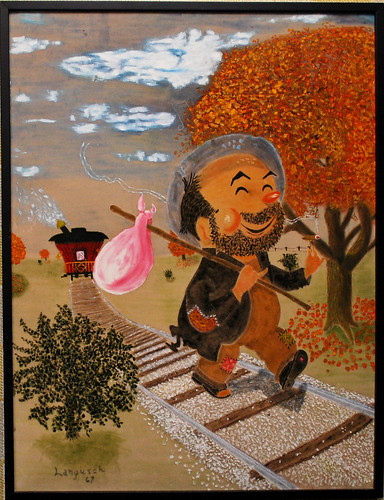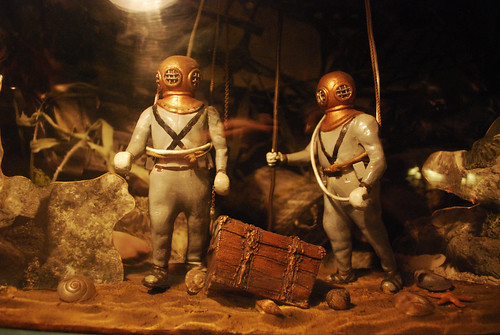My dear sir and Madam, In the untimely loss of your noble son, our affliction here, is scarcely less than your own. So much of promised usefulness to one’s country, and of bright hopes for one’s self and friends, have rarely been so suddenly dashed, as in his fall. In size, in years, and in youthful appearance, a boy only, his power to command men, was surprisingly great. This power, combined with fine intellect, an indomitable energy, and a taste altogether military, constituted in him, as it seemed to me, the best natural talent, I ever knew.I found this passage in a post at the LIbrary of America' Reader's Almanac blog that draws on their new volume The Civil War: The First Year Told by Those Who Lived It and Adam Goodheart's acclaimed new book 1861: The Civil War Awakening to tell the story of Ellsworth, a man who found unusual fame even before he became a symbol of the sacrifices that the war would call for, The post is well worth clicking over to and reading, as, I suspect, are both books.
Ellsworth was but the first of those to give, as Lincoln would later put it, "the last full measure of devotion" to their country. The death toll of the Civil War is staggering even when considered against the current population of America; when considered as part of the much smaller nation of the time, it's almost incomprehensible. On this Memorial Day, 150 years later, I'm grateful that, for all our continuing follies as humans, we are no long quite so blithe about sending soldiers to certain death by the tens of thousands. True civilization, by its nature, may forever elude us, always demanding some further refinement of our nature, but in this respect at least we are a bit farther down the road.








